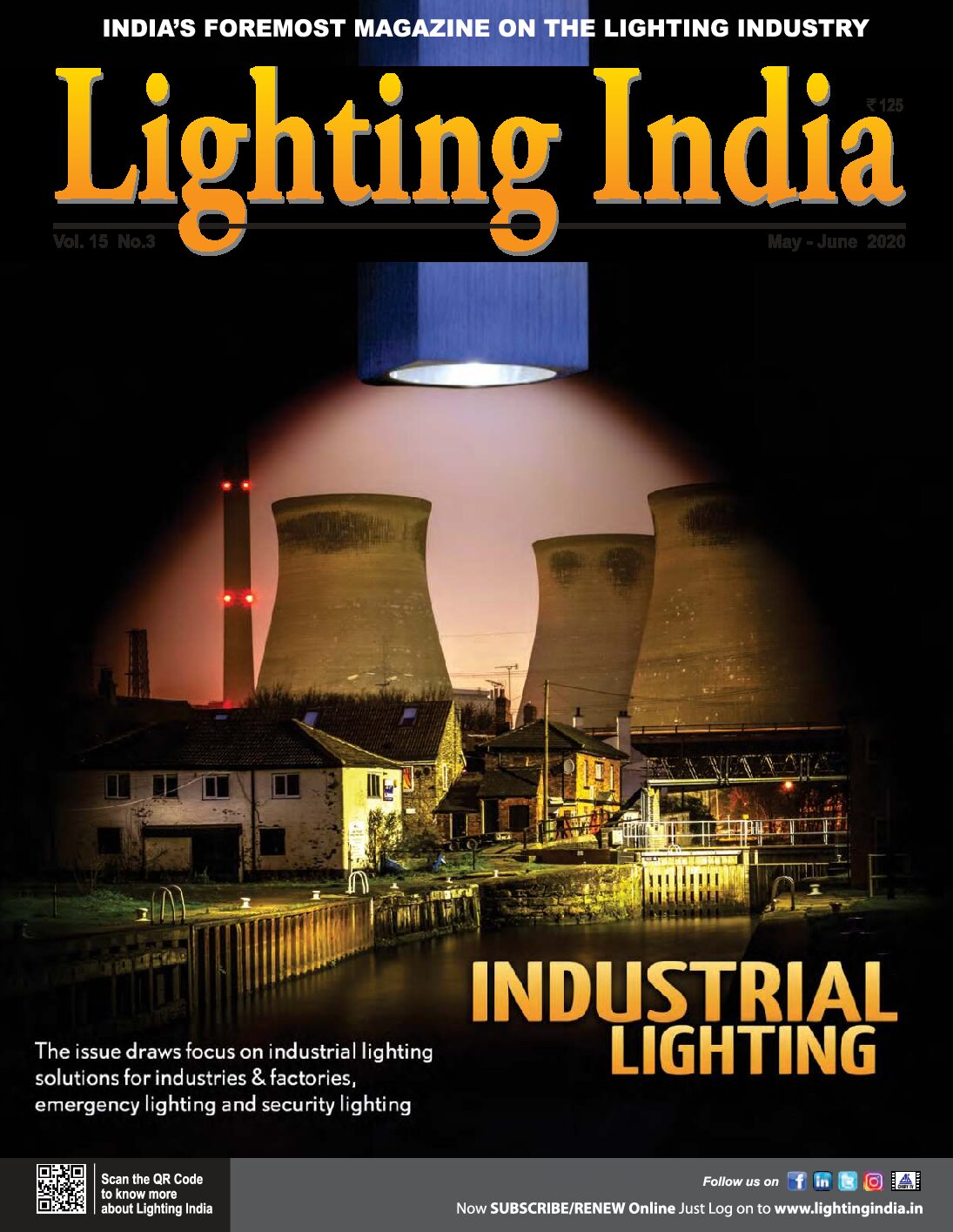
In a Nielsen study conducted across 4 major Indian cities – New Delhi, Mumbai, Ahmedabad and Hyderabad; 76% of LED Bulb brands and 71% of LED downlighter brands across 200 electrical retail outlets were found to be non-compliant with consumer safety standards, as prescribed and mandated for lighting products by the Bureau of Indian Standards and Ministry of Electronics and Information Technology, Government of India. These spurious products pose a serious safety hazard for consumers besides causing significant loss in tax revenues for the Government of India, as they are illegally manufactured and sold.
The findings from the key markets surveyed showed that 48% of LED bulb brands had no mention of manufacturer’s address and 31% brands did not have a manufacturer’s name, i.e. these brands violate Indian legal metrology regulations and are manufactured illegally. Similarly, the study conducted on LED Downlighters showed that of the total sample size, 45% brands did not have a manufacturer’s name and 51% brands had no mention of the manufacturer’s address.
However, Mumbai fared the best among all the cities surveyed on most counts. Compared to nearly three quarters of all LED bulb brands and downlighters brands surveyed in Delhi being non-compliant with BIS standards, in Mumbai spurious brands in both these categories are limited to a range of 36 to 41% as per the survey. However, as far as other violations regarding manufacturer’s name and address are concerned, Mumbai has limited the damage in spurious brands surveyed to between 2 and 5% that sits pretty in the context of the situation in other markets surveyed.
The Table 1 shows details out the city wise nature of violations and puts the data in a national context.

As per ELCOMA (Electric Lamp and Component Manufacturers’ Association), the total LED Market in India is worth Rs 10,000 crores, with LED bulbs and downlighters constituting 50% of overall LED market, being widely used across homes, offices and workspaces.
Rakesh Zutshi, President of ELCOMA and Managing Director, Halonix Technologies Private Limited, said, “The large number of non-compliant manufacturers of LED Bulbs and Downlighters threaten fair competition in the LED lighting market, especially for those companies that are compliant to all mandatory consumer safety standards. It is very unlikely that the manufacturers of these spurious LED Bulbs and Downlighters pay any GST to the government, thereby causing a huge loss to the exchequer”.
Commenting on the subject, Sumit Joshi, Vice Chairman and Managing Director, Philips Lighting India, said, “As per an ELCOMA study, the Indian LED Lighting market has grown from Rs 500 crore in 2010 to Rs 10,000 crore today and constitutes over 45% of the overall Rs 22,000 crore lighting industry in India, comprising of all categories like GLS, FTL, CFL and other lamps. Given the government’s push towards adoption of LEDs and their general consumer popularity, LED lighting will constitute a majority share of the total lighting market in the next few years. Given this scenario, it is important for the government to act against these spurious and non-branded products for safeguarding consumer safety and protecting their revenues against these companies.”
The Indian Lighting industry unanimously recommends a need for stronger enforcement for compliance to these safety standards prescribed and mandated by the Bureau of Indian Standards and Ministry of Electronics and Information Technology, Government of India. The spurious and non-branded LED products are a serious threat to not just the organised and compliant market players but also to the government’s key programs like Make in India and Demonetisation. In addition, they also impact government’s tax revenue collections, which would have otherwise been contributed by the formal sector, defeat investment objectives and go against the ‘ease of doing’ business philosophy of the Government of the day.
(The Nielsen study was conducted across 200 retail electrical goods outlets across 4 major Indian cities – New Delhi, Mumbai, Ahmedabad and Hyderabad. The survey was conducted in July 2017. )



















